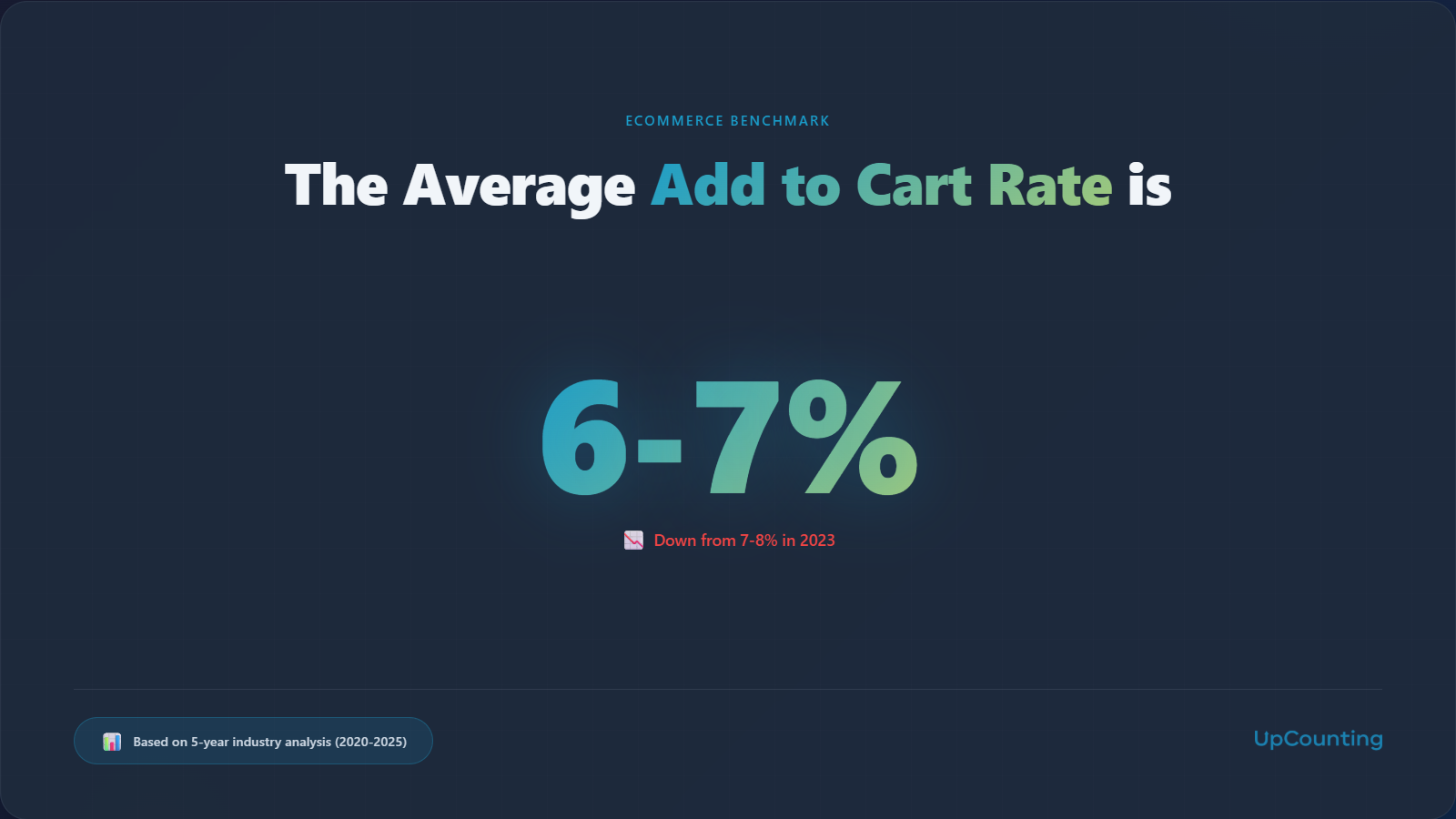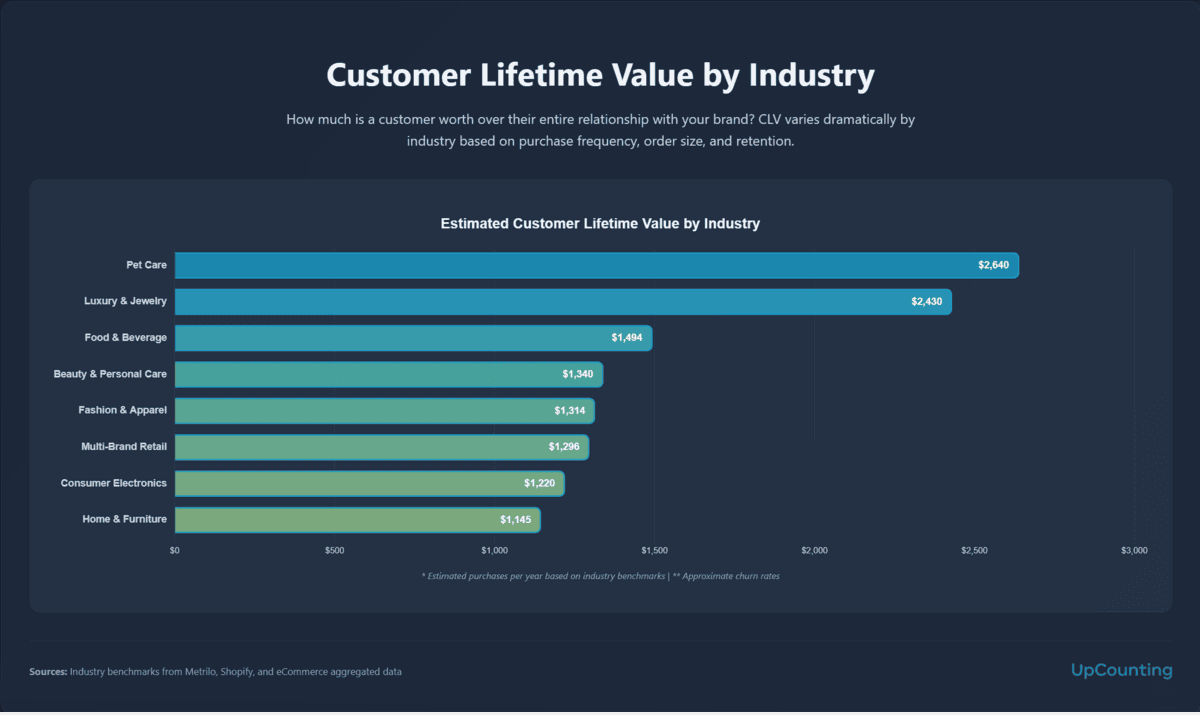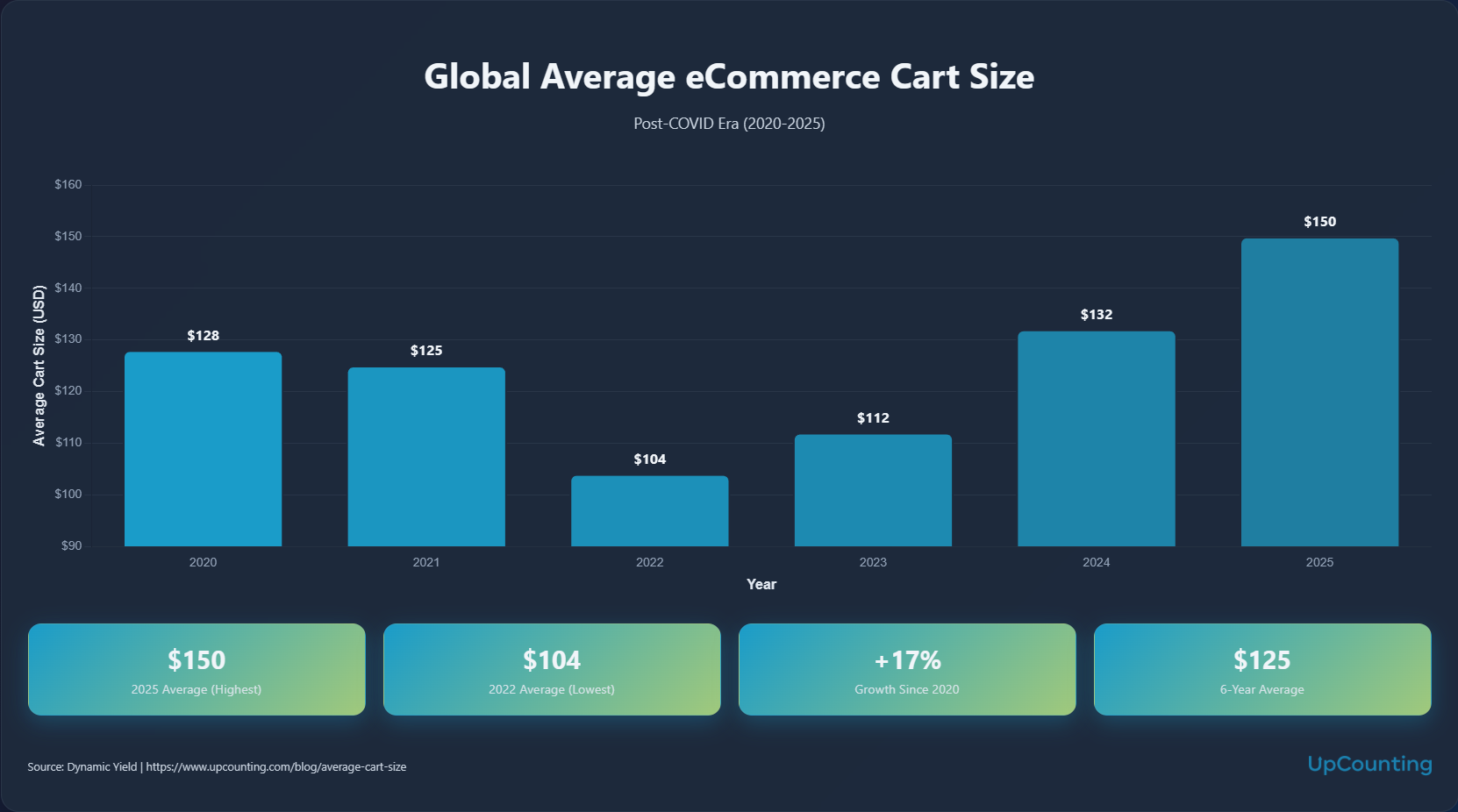Accounting is lame. I get it. There’s no shame in admitting it.

Nobody is ever excited about dealing with their accountant.
Nobody ever marvels at a business’s success, and thinks about how it was all thanks to its accountants.
Nobody watched the movie The Accountant and thought to themselves, “that’s what I want to do with my life”. Unless of course they were thinking about becoming a hitman.
But despite all that, there’s this vague understanding that people have about how accountants are actually very important. And I’m not just talking about the tax accountants, who’s email you find once a year around tax time by searching for last year’s email. I mean the kind of accountant you find working at every company.
Even those companies who haven’t quite hired their first accountant. The ones who have yet to decide if they’re at that point where they really need an accountant. Still realize that it’s something they’ll eventually need. Even if they’re not quite sure what for.
Well if you’re still wondering if you’re ready for an accountant, or what exactly they do. I’m here to help you.
And if you’re reading this because you’re trying to decide if you should become an accountant, then perhaps this short video about a day in the life of an accountant might help.
https://www.youtube.com/watch?v=cUMLZiDuo9c
Why is Accounting Important?
Accounting tracks nearly everything that’s going on in your business allowing you to understand how your company is doing and where it’s going.
Accounting is the language of business, and it’s written with the numbers. It enables you to evaluate your current financial health, learn from historical results, project future outcomes, and at the end of the day make far better informed decisions.
But how does this mysterious discipline accomplish all these things?
What is Accounting?
Accounting is a meticulous and systematic recording of every financial transaction that takes place in a company.
Whether cash exchanges hands, services are performed, or something you own just gets older. Almost everything that goes on in a business has some sort of associated accounting impact.
An accountant can practice financial accounting which carefully tracks every transaction as per the accounting standards set out for that jurisdiction. Or tax accounting which crunches numbers to determine the best way to structure a transaction to incur the smallest tax bill. Or cost accounting which tries to best depict the true costs of a company’s goods or services.
So that sounds like important stuff. But then again, is it like filing your taxes where you can’t not do it, but it doesn’t really add much value to your life. Is it just something you have to do, or is it really helpful?
Well here are a few examples of what an accountant might actually do to add value to your business.
What Does an Accountant Do?
An accountant’s work can vary across a wide range of responsibilities from the day to day tasks that keep the company running, like bookkeeping and cash management, to the value-driving functions like financial planning, cost modeling, and ROI-analysis.
While that may sound mundane to some, here are a few examples of what your accountant can do for you to really drive value in your business.
Financial Modeling
Whether you’re looking to start a new business, expand your current venture, or just understand the ripple effect on your business of a small, isolated change, you can get a lot done with a well built financial model.
A financial model is essentially building out causal relationships in a spreadsheet in a way that allows you to adjust various levers and watch how it affects everything else. No matter what your business does, a financial model is a crucial tool that condenses all the scattered knowledge you have of your business into a tool that makes it clear for you, and anyone else.
Let’s say you buy and sell goods. A proper model will allow you to understand how changing the frequency and volume of your purchases can simultaneously reduce your cost per unit, while also driving up warehousing costs.
Maybe you want to expand your marketing business from just doing SEO to also doing Facebook ads. A model can tell you how much you need to charge, and how much you need to spend on acquiring new customers, compared to the cost of hiring someone with that new expertise. Applying probabilities based on your confidence in those projections can help determine whether its worth doing at this time.
You can spend all day seeing the impact of little tweaks like saving 3% per unit on this product line, or increasing commission by 2% for sales of that product line (the impact to salary as well as sales), or whether closing a particular branch has a net positive/negative impact to cash flow for the entire business due to saved rent, lower transaction volume, smaller bulk purchases, etc.
A robust model can help put so much of what makes your business tick into a neat spreadsheet and help you make clear headed decisions.
Budgeting
Budgeting is nobody’s favorite task that is always useful.

A budget is what allows you to set expectations for desired results, and determine what spend to achieve those results is acceptable.
Everyone knows that businesses shouldn’t waste money, but budgeting is everyone’s least favorite way, despite probably being the most useful one.
I’ve seen time and time again people think budgeting is unnecessary because they can just play things by ear. As new expenses come up, they’ll just make a decision on the spot.
It’s straightforward – If it’s useful, we spend, if not, we don’t.
If you’re a small business where all spending decisions are made by one person, maybe you can get away with it for a while. But I’d argue that for most ambitious decision-makers, it’s too easy to say yes to things that seem like a good idea at the time, and that’s how spending can get out of control.
Budgets don’t just protect you from spending money on wasteful nonsense, you can probably do that without a budget. But where they shine is the spending on things that make sense, and may ultimately be useful, but that you just can’t afford at the moment.
Processes
Nobody starts a business because they’re really good at creating and maintaining business processes, and will use that spectacular skillset to ascend to heights of untold greatness.
Business processes are like chores. If you want to live a relatively normal life, you’re going to have to go grocery shopping, you’ll have to check your mail, you’ll have to do your laundry, etc.
For a business, the amount and complexity of the chores is much higher, but so are the stakes. You might be able to get away with being too lazy to do groceries one weekend and just getting takeout, or forgetting to do your laundry and just wearing a dirty shirt that isn’t that dirty.
But forgetting to pay suppliers can strain relationships, and not tracking your volumes of inventory can lead to spoilage or stockouts that mean unhappy customers.
And while most people running businesses intuitively know they have to do their business chores, it’s all too easy to get caught up in the core activities of the business and have things slip through the cracks.
When a client’s project is behind schedule, or you’re scrambling to replace damaged inventory that you need to ship to a customer, you’re not thinking about ensuring that you record the transfer of inventory from one location to the other in your records.
The problem, though, is that when the dust settles, so much may have gone on in the chaos that it’ll be a nightmare trying to piece everything together. And that’s assuming the dust ever actually settles. For too many business owners, putting out fires is essentially a way of life.
Having solid business processes can help break up the work so that its not burdensome to do, and so that you stay ahead of any potential mistakes.
You won’t have to put out as many fires if the fires never start to begin with.
Costing
Costing is in my opinion one the most crucial and valuable pieces of information that accounting can generate.
Whether you deal in goods or services, improper costing can lead you down a string of decisions that can severely hamper your business’s success.
Consider a simple illustrative example of someone buying watches from China that he then sells direct to consumer for a small margin, making money on volume.
He buys two models, one that has a metallic strap for $28/unit and one with a leather strap for $20/unit. He purchases in shipments of 100 units split evenly. He also incurs shipping of $300/shipment and duties of $1,200/shipment.
So he figures the whole shipment costs him $3,900. And he splits the cost proportionately, so $45.50/unit for the metal watches and $32.50 for the leather watches. And since he’s good with a 30% margin, he prices them at $65 and $46.50 respectively.

Great, time to make some money!
But, as you may imagine, there’s a mistake in this approach to costing.
What our friend didn’t realize is that the duties were actually entirely a function of the leather straps, and so he incorrectly split the cost of the duties between both products.
A more correct costing would split the freight evenly, but allocate all of the duties to the leather strap watches, giving us a cost of $31/unit and $47/unit respectively.
But since he priced in accordance with the inaccurate cost, he’s actually losing 50 cents on every leather strapped watch he sells!

Now this is obviously a bit of an extreme example, simply meant to illustrate the issue. Realistically a person shouldn’t make such a huge error in allocating costs, and realistically they wouldn’t end up selling for a negative margin.
But even smaller errors can lead a person to spend more on promoting a less profitable product line over another. And once all the additional costs of the business are taken into consideration, they could inadvertently be silently drowning their company and nobody will understand why.
Of course things can get far more convoluted in a manufacturing or a service based business, where there are far more moving parts.
I get it though. Great accounting is pointless if the core business isn’t firing on all cylinders and providing value to your customers. But making sure your organization has the necessary accounting competence will not only allow you to focus on what makes your business tick, but it’ll help you make better decisions so you can avoid pitfalls as you grow.
And that will give you an edge over your competitors who are still just winging it.






.jpg)








